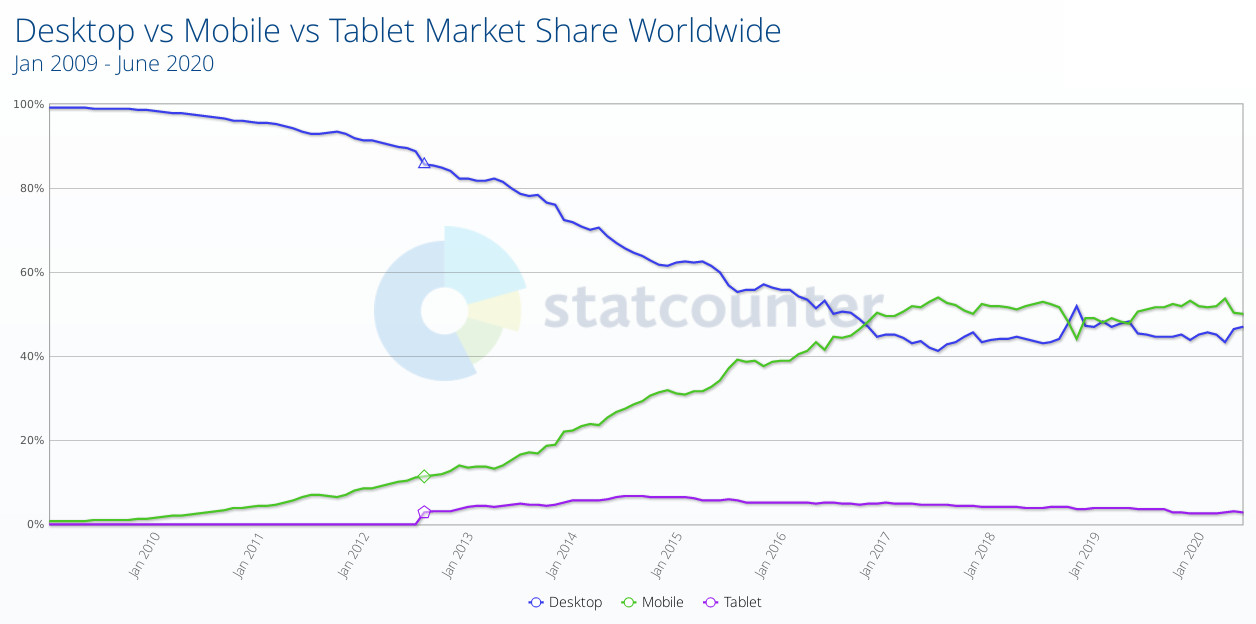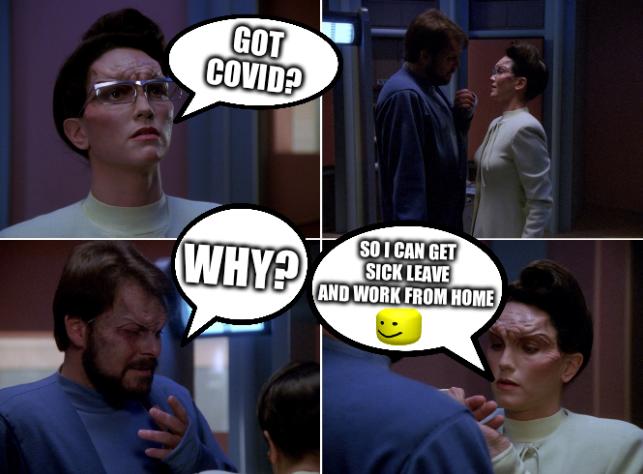
Summary: "Office" days have had their day; more advanced businesses should be capable of working reliably 24/7 or operating in a more distributed/flexible fashion; moreover, this has nothing to do with viruses; the health benefits of people working from home are also easily demonstrable (reduced stress, less commuting and less interaction with outside groups/germs)
Some hours ago in Planet Mozilla this article about "distributed work" appeared. It said: "Jason Fried published Remote work is a platform. After a quick metaphor about the Web and how at the beginning of any ecosystem change, he explains how we have a tendency to port what we knew from the old ecosystem into the new ones, before being able to develop its own grammar and language. The case here is work in offices."
This week, my employer for 10 years is shutting down the office permanently (after more than 20 years). There's just no use for it anymore and hardly anybody there (almost all of us work from home). What many still call "remote work" is actually local for those who call their home "local" and going to one's office/employer "away" or "remote". I myself have not been in that office for over a year (took a train there just to sign some papers) and I generally consider that office to be a waste of money (rent and operational expenses).
"This week, my employer for 10 years is shutting down the office permanently (after more than 20 years)."Offices have long been obsolete, even well before the pandemic. COVID-19 was just a catalyst or trigger, motivating businesses to reduce office capacity if not shut them all down. In the older days a company that lacked an office would be dismissed as unprofessional and unreliable. Nowadays, by contrast, such companies claim to be responsible and caring about the safety of their staff; they might also claim to be "modernised" or "ahead of the curve..."
We've already published a number of articles about what this may mean to Free software and GNU/Linux (it's harder for employers to impose things -- and let's face it, usually proprietary stuff -- on staff and actually enforce IT/security policies when the staff is physically far away). Many people work neither from home nor the office/company, as the following chart helps show:

While we don't encourage the use of so-called 'smart' phones (they're a security and privacy hazard), many people do choose to work extracurricularly from these, e.g. on the go (commuting) or in some pub somewhere.

How many people out there want so badly to stay home that they fake being ill? That alone says that people would rather avoid a congested open office-like workplace.

Even well before COVID-19 I argued that the centralised offices were a waste of time; commuting to these is a waste of effort/productivity and also harmful to the environment (quite needlessly for most purposes). While some types of jobs are hard to complete without face-to-face interactions, in IT those are a rarity. People who stand to lose the most from mass exodus (departures) from offices are managers, not clerical staff (they're still necessary for organisational tasks). They become largely obsolete or less powerful. They always want us to assume that employees cannot manage themselves, either by peer or individually. Managers who bully people or stand over their shoulders might need to retrain or find another career.
⬆




